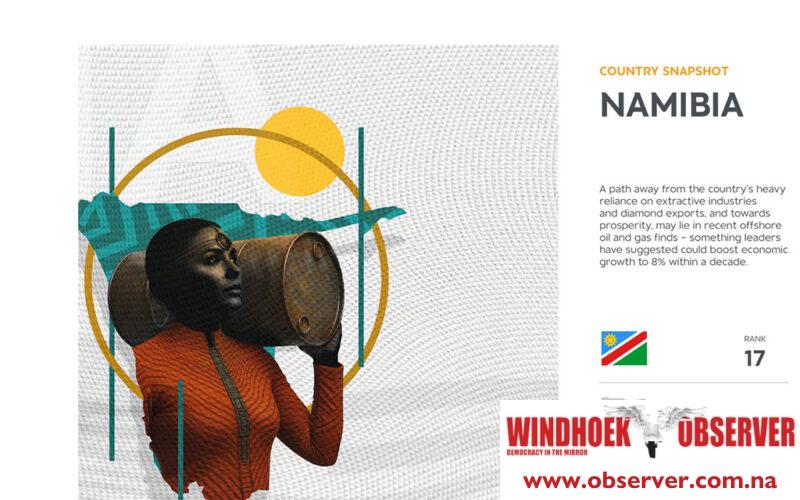Chamwe Kaira
FirstRand Limited believes that Namibia’s uranium and oil and gas sectors are well positioned for a rebound.
The firm said that while low inflation should help keep interest rates down, fiscal strain from declining Southern African Customs Union and diamond revenues could force the government to reduce its spending plans to maintain debt sustainability.
On tariffs, FirstRand noted that Namibia’s exports to the United States make up less than 1% of GDP and that certain products are exempt from US tariffs.
The company added that, despite weaker crop farming and a contraction in diamond production, growth in Namibia’s tertiary sector kept the overall economy relatively stable throughout the year.
In its annual financial statements for the year ended 30 June, FirstRand said it remains positive about the year ahead, projecting real GDP growth of around 3%.
“While diamond mining output will likely contract further, more favourable rainfall should stand the agricultural sector in good stead,” the firm said.
FirstRand’s portfolio includes FNB, RMB, WesBank, and Aldermore, offering transactional, lending, investment, and insurance products and services.
Although based in South Africa, the group has subsidiaries in the United Kingdom, Namibia, Botswana, Zambia, Mozambique, Nigeria, Eswatini, Lesotho and Ghana, as well as branches in London and Guernsey, and representative offices in Kenya, Angola, New York and China.
Profit after tax rose to N$45 billion from N$41 billion in 2024. The group said that across Africa, inflation, interest rates and growth trends varied widely throughout the year.
Lower diamond prices, reduced mining output, and the effects of drought hit Botswana’s economy, according to FirstRand.
“Given the struggling diamond sector and the knock-on effects on the broader economy, the group expects real economic activity to remain depressed for a while,” it said.
The company said falling mineral revenues have affected tax income and forced the government to adopt an austerity budget.
“The blow from such growth-dampening factors will only be partially cushioned by the support provided from subdued inflation and low interest rates to pockets of consumer spending and business fixed investment,” FirstRand said.
The group stated that to achieve sustainable growth, Botswana’s economy will require a stronger implementation of structural reforms.
It added that Botswana’s exports to the US account for only 0.5% of GDP, so the direct impact of higher US tariffs is expected to be minimal.
In South Africa, FirstRand said the end of rolling blackouts and slight improvements in logistics had helped stabilise operations, but export growth remains limited by weak global demand.
“Geopolitical tensions have intensified, further clouding the external trade outlook,” it said.
Looking ahead, FirstRand says South Africa’s economic path will depend on how well it navigates global challenges, maintains fiscal discipline and turns political consensus into reform.




